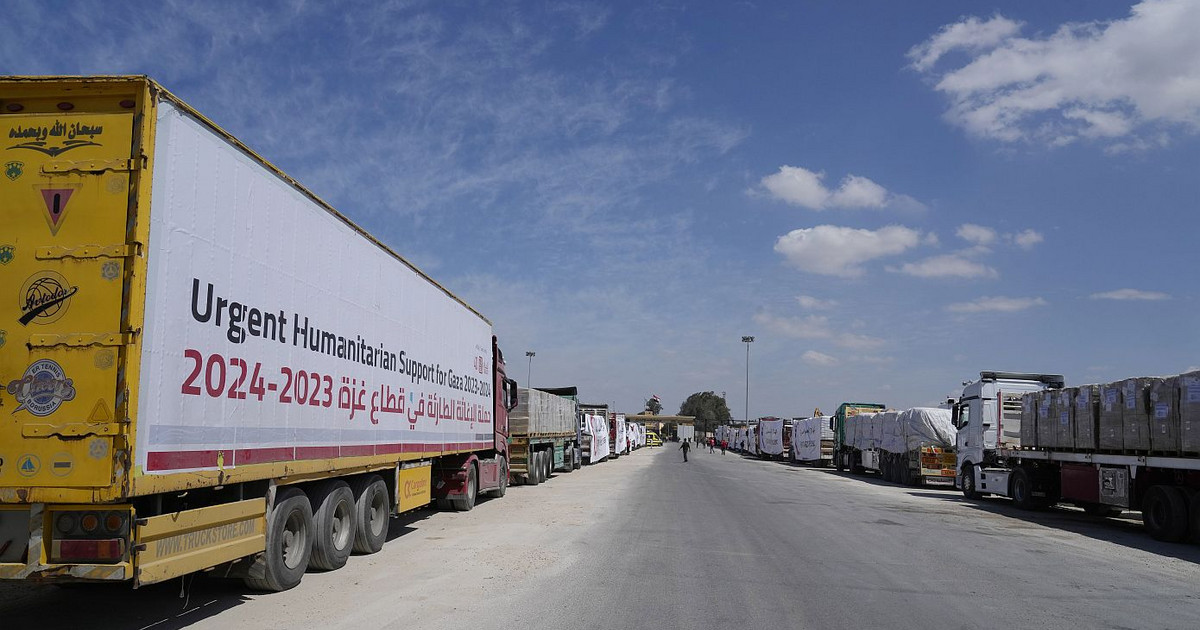The price of a barrel of Brent oil fell by 9.45% on Tuesday (5). If the news could lead to believe in a drop in fuel prices in Brazil, according to economists interviewed by CNN however, the consecutive highs of the dollar still do not allow the decline in the price of the commodity to be felt in the domestic market.
This is because, in the last thirty days, the US currency, the standard for oil trading, has registered an increase of 12.55% in relation to the real.
A survey produced by Professor Alberto Ajzental, from Fundação Getúlio Vargas (FGV), shows the escalation in the price of Brent oil in reais. In June, the price of a barrel reached R$ 573, the highest since the beginning of the pandemic. Two years ago, in June 2020, oil cost an average of BRL 224.
The economist explains that two factors impact the price of the dollar and prevent Brazilians from feeling the benefits of the low oil prices: the increase in interest rates in the United States and the internal political and economic situation in Brazil.
“The world is in a scenario of high inflation and all Central Banks are raising interest rates. In the United States, rising interest rates strengthens the dollar. Another problem is that the real is also undervalued. We have a very delicate political situation and the electoral process is about to begin,” says Ajzental.
The professor also points out that the Brazilian fiscal situation can bring future problems. Ajzental cites the so-called “PEC Kamikaze”, which releases resources to create financial aid for certain groups of the population and economic sectors.
“This project will release R$ 41 billion from an already tight budget. It is very frowned upon, and Brazil does not appear to be serious, stable. This influences the exchange rate and devalues the currency”, he adds.
Despite the drop in prices this week, the global oil scenario should not be one of stability. The director of the Brazilian Infrastructure Center, Adriano Pires, explains that the sharpest decline recorded this Tuesday (5th) is a market response to the sign of an economic recession, which causes devaluation of commodities.
“High interest rates cause recession and this affects the price of a barrel, but oil should not continue to fall. There is a possibility that Russia will reduce oil and gas production to put pressure on Western countries. This makes the offer of the product less than the demand, and causes an increase in the value of brent”, explains Pires.
The most recent drops in the price of a barrel of oil have even affected the shares of large companies in the sector. This Tuesday, of the five stocks with the highest losses on the Ibovespa, four were from oil companies.
- 3R Petroleum (RRRP3) -7.44%;
- PetroRio (PRIO3) -7.11%;
- Petrobras (PETR3) -4.27%;
- Petrobras (PETR4) -3.81%;
- Agricultural SLC (SLCE3) -3.15%
Also according to Adriano Pires, at the same time that oil could help to reduce the fuel gap in Brazil, in relation to the international market, the high exchange rate is greater than the fall in the commodity.
According to the Brazilian Association of Fuel Importers (Abicom), this Tuesday, the average lag for gasoline in Brazil was R$0.28, or 6%, while diesel was lagged by 4%, which represents BRL 0.21.
Source: CNN Brasil
I am Sophia william, author of World Stock Market. I have a degree in journalism from the University of Missouri and I have worked as a reporter for several news websites. I have a passion for writing and informing people about the latest news and events happening in the world. I strive to be accurate and unbiased in my reporting, and I hope to provide readers with valuable information that they can use to make informed decisions.






